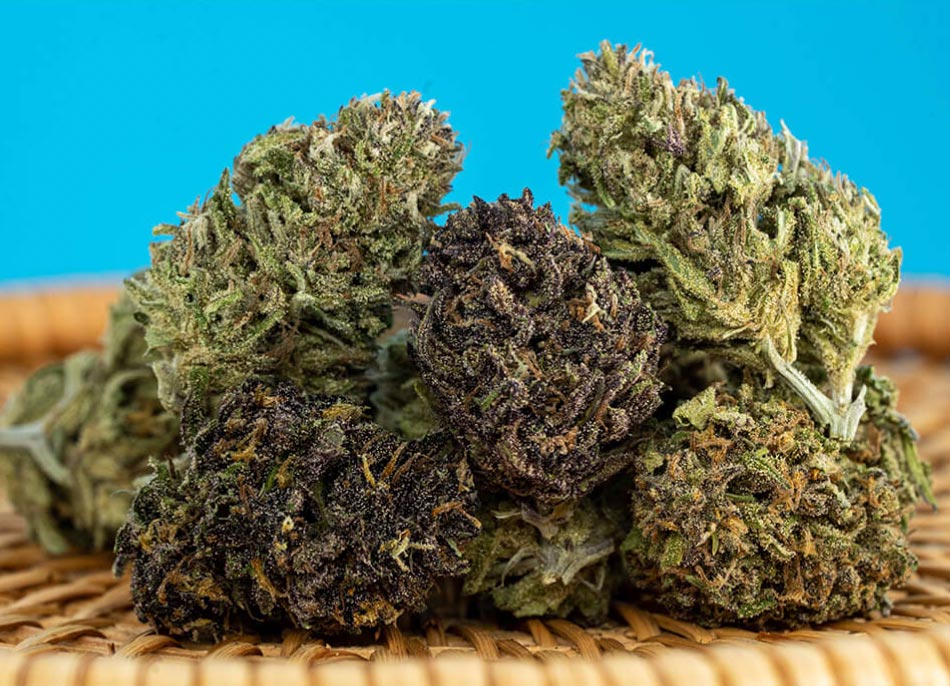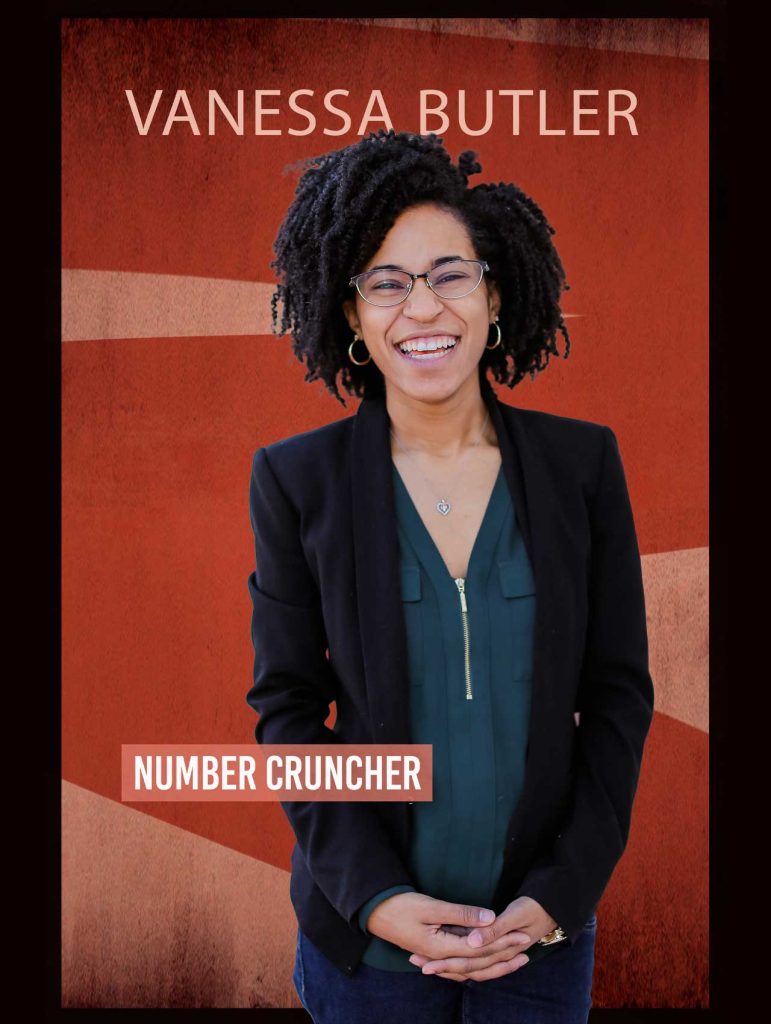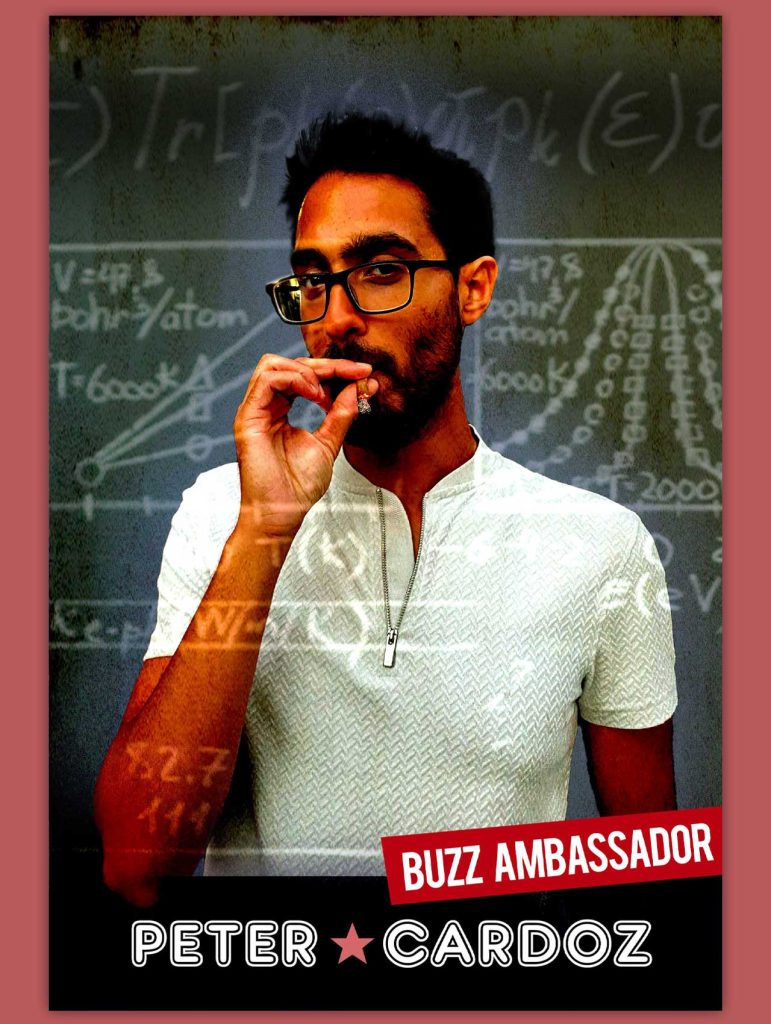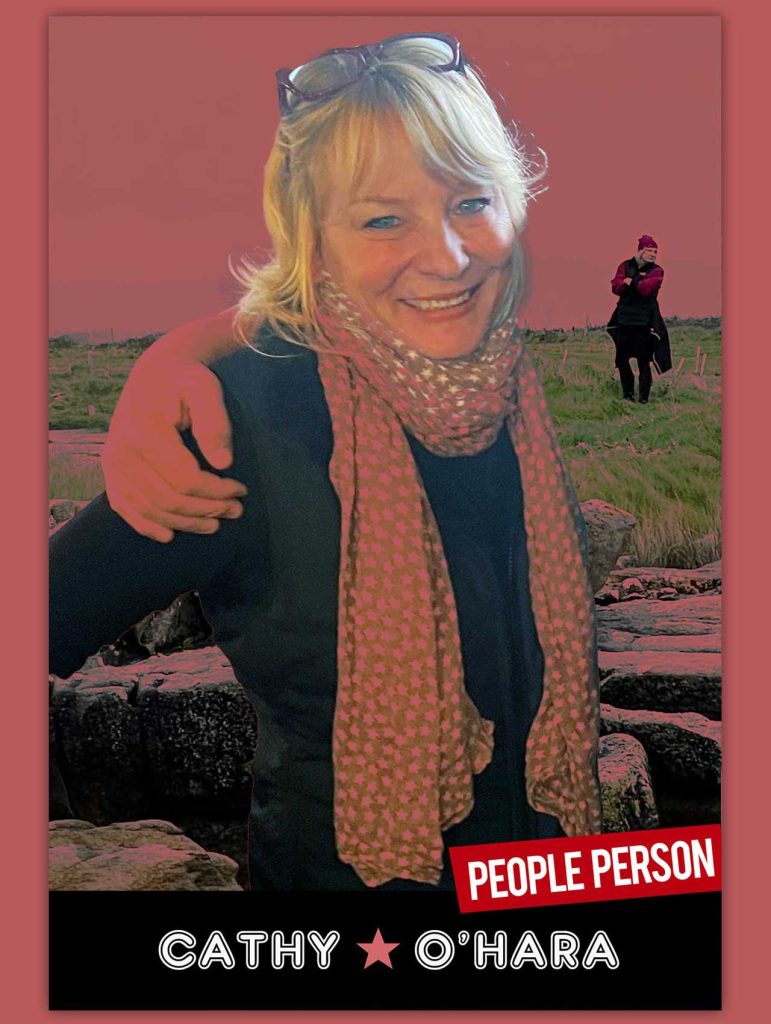Born as a well-meaning movement against drug abuse, the War on Drugs promised a drug-free future for America. Yet looking back, the reality of its outcome remains a stark contrast to that initial promise. With no substantial reduction in drug addiction rates, this “war” has become synonymous with failure. This blog will delve into the thorny issues surrounding this ongoing and crucial issue.
 The Real Effects of the War on Drugs
The Real Effects of the War on Drugs
Despite spendings exceeding a trillion dollars, the effects have been limited, and the impact uneven across communities. In particular, African Americans have felt the brunt of anti-drug policies.
The drug abuse problem in America persists. According to a Gallup Poll in 2021, 64% of Americans viewed it as an “extremely serious” or “very serious” issue. The chief concerns have varied over the decades, from cocaine in the 1980s to opioids recently, which have caused a dramatic rise in overdose deaths since 1999.
Interestingly, the demographic most affected by opioid overdoses has changed. While discussions have traditionally focused on older white Americans, especially in rural areas, data since 2018 reveals that African Americans’ overdose death rate has surged past those of other racial and ethnic groups.
Along with the rise in overdose deaths, arrests for fentanyl trafficking have significantly increased. This disproportionately affects African Americans, who account for the largest share of convictions. The war on drugs, intended to curb chronic problems, appears to have created others, with spending, convictions, and usage rates all increasing without a significant change in the overall landscape.
Massachusetts, Marijuana, & the War on Drugs
Furthermore, as we mentioned above, despite trillions spent since President Nixon’s declaration of the War on Drugs in the 1970s, there has been no overall reduction in drug addiction. Instead, consequences have included police militarization and mass incarceration. These felony convictions often lead to life-long restrictions to voting, jobs, education and housing, functioning as a new form of societal discrimination.
The American Civil Liberties Union (ACLU) promotes a public health and community-based approach to drug addiction, instead of prosecutions and imprisonment. They perceive it as a health issue, not a criminal justice matter. They have taken initiative to oppose unjust imprisonments and have driven efforts to divert resources towards treatment and other social services.
Regarding Massachusetts and marijuana law, the ACLU has backed the decriminalization and regulation of marijuana since 2008, fighting local ordinances that aim to undermine these regulations. They are dedicated to the safe and fair implementation of new marijuana law, focusing on social justice for those most affected by the War on Drugs.
The ACLU of Massachusetts strongly opposes mandatory minimum drug sentences, which they argue are expensive, ineffective and discriminatory. They uphold the right of judges to impose sentences below the minimum in cases involving mitigating facts. In recent years, Massachusetts has faced two large scale drug lab scandals. The ACLU fought for the dismissal of wrongful convictions, leading to the largest dismissal of such cases in US history. They continue to advocate for victims of these scandals whilst battling the persistent problems caused by the drug war.
To support these changes, the ACLU encourages the public to hold legislators accountable for fair enactment of law, and to know their rights as implementation processes continue.
Barry “Flash” Foy – Gentlemen Smuggler & Drug Reform Warrior
Next, let’s talk about why we feel so strongly regarding this issue. Barry “Flash” Foy successfully evaded authorities for over a decade as he distributed cannabis through dangerous coastal waters. However, he was eventually caught in “The Sting that Launched the War on Drugs” and subsequently sentenced to 18 years in prison under the ‘848’ Federal “Kingpin” Statute (which carries with it a minimum mandatory sentence of 10 years to LIFE behind bars). Barry served 11 of those 18 years.
Today, with cannabis legalization spreading across the U.S., the Gentlemen Smugglers brand was founded to honor Flash’s legacy and provide premium cannabis products to the citizens of Bay State. Our brand actively dedicates itself to supporting drug reform and advocating for social equity in the expanding cannabis market.
 Gentlemen Smugglers – On A Mission to De-Stigmatize the Cannabis Plant, Shaping A Better Tomorrow for All
Gentlemen Smugglers – On A Mission to De-Stigmatize the Cannabis Plant, Shaping A Better Tomorrow for All
Perennially, the failed “War on Drugs” policy fueled mass incarceration. It also fueled widespread racial disparities and never-ending drug-related violence. It’s high time we retire this outdated strategy and embrace alternatives that prioritize harm reduction, public health, and social justice.
Gentlemen Smugglers, a proud member of the cannabis community, seeks to de-stigmatize the plant, championing its contribution towards alleviating societal damages caused by the War on Drugs.
It’s time to take a stand! Support drug policy reform and join the Gentlemen Smugglers journey in shaping a better, more enlightened future for humankind. Explore our story, ride the wave with our cannabis products, and together let’s redefine the narrative on cannabis.
In our ongoing commitment to help, we donate a part of all proceeds from our products directly to the Last Prisoner Project.
*Always consult a physician before making any changes to your health or fitness regimen.*






